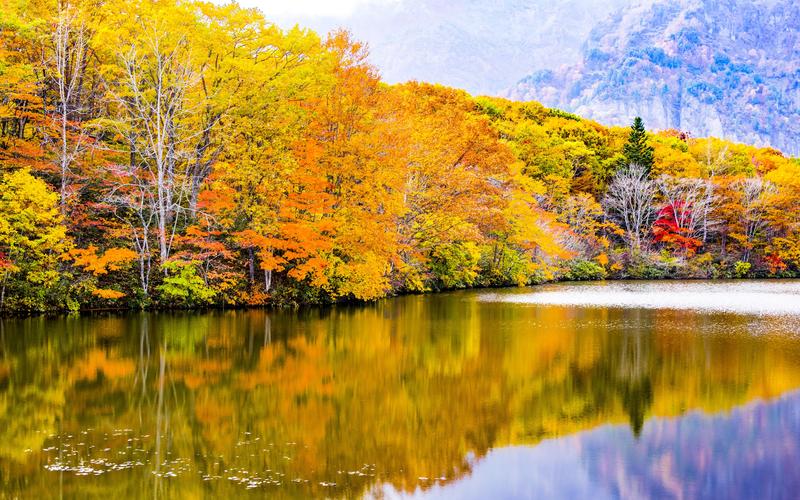North Korea, the hermit kingdom, has been the subject of fascination among many for several reasons. The country’s isolated existence as well as its unique political and economic system, combined with its cultural traditions, make it an enigma that is difficult to unravel. Nonetheless, when you explore North Korea’s fascinating cultural traditions, you will find an amazingly old and rich heritage that is deeply intertwined with its people’s daily lives.
One of the most striking traditions of North Korea is the reverence it gives to its leaders, and the Kim family in particular. This kind of veneration is reminiscent of the regal pomp of feudal Europe, where kings or queens were seen as semi-divine entities. Similarly, in North Korea, the Kims are deified figures who are exalted through frequent public appearances, propaganda campaigns, and elaborate ceremonies.
Additionally, North Korea is known for its strong emphasis on collective effort, reflected in numerous aspects of its everyday life. This focus on the greater good is evident in the country’s group exhibitions and performances, which are marked by precision and synchronicity. Whether it is the nationally celebrated Mass Games, which features incredibly synchronized performances depicting the country’s political history, or the People’s Army Ensemble, which performs rousing martial music, North Korea’s cultural traditions emphasize a unified collective endeavor.
Another cultural tradition of North Korea that is often overlooked is its indigenous religious practices. Before the country’s unification, shamanism and Buddhism were the most prevalent religions in the region. North Korea continues to have a sizeable Buddhist population, and its traditional shamanistic practices persist in rural areas. While these traditions are not officially recognized by the state, they have influenced North Korean art and music.
Despite being one of the most tightly controlled nations worldwide, North Koreans are enthusiastic about sports, allowing them to pursue their passion for athleticism. From table tennis to soccer, from weightlifting to volleyball, the people of North Korea exhibit an intense passion for athletic pursuits. These games are taken very seriously in North Korea, with top athletes receiving the highest levels of renown and respect.
In conclusion, North Korea has many fascinating cultural traditions that are worth exploring. While the world may only be familiar with the country’s rigid political system, it has a rich history of folk beliefs, nationalistic art, and sports culture that are worth delving into. North Korea’s culture is not just about its much-debated political regime but a society with unique values and traditions that are quite unlike anything else in the world.
(Note: Do you have knowledge or insights to share? Unlock new opportunities and expand your reach by joining our authors team. Click Registration to join us and share your expertise with our readers.)
Speech tips:
Please note that any statements involving politics will not be approved.
